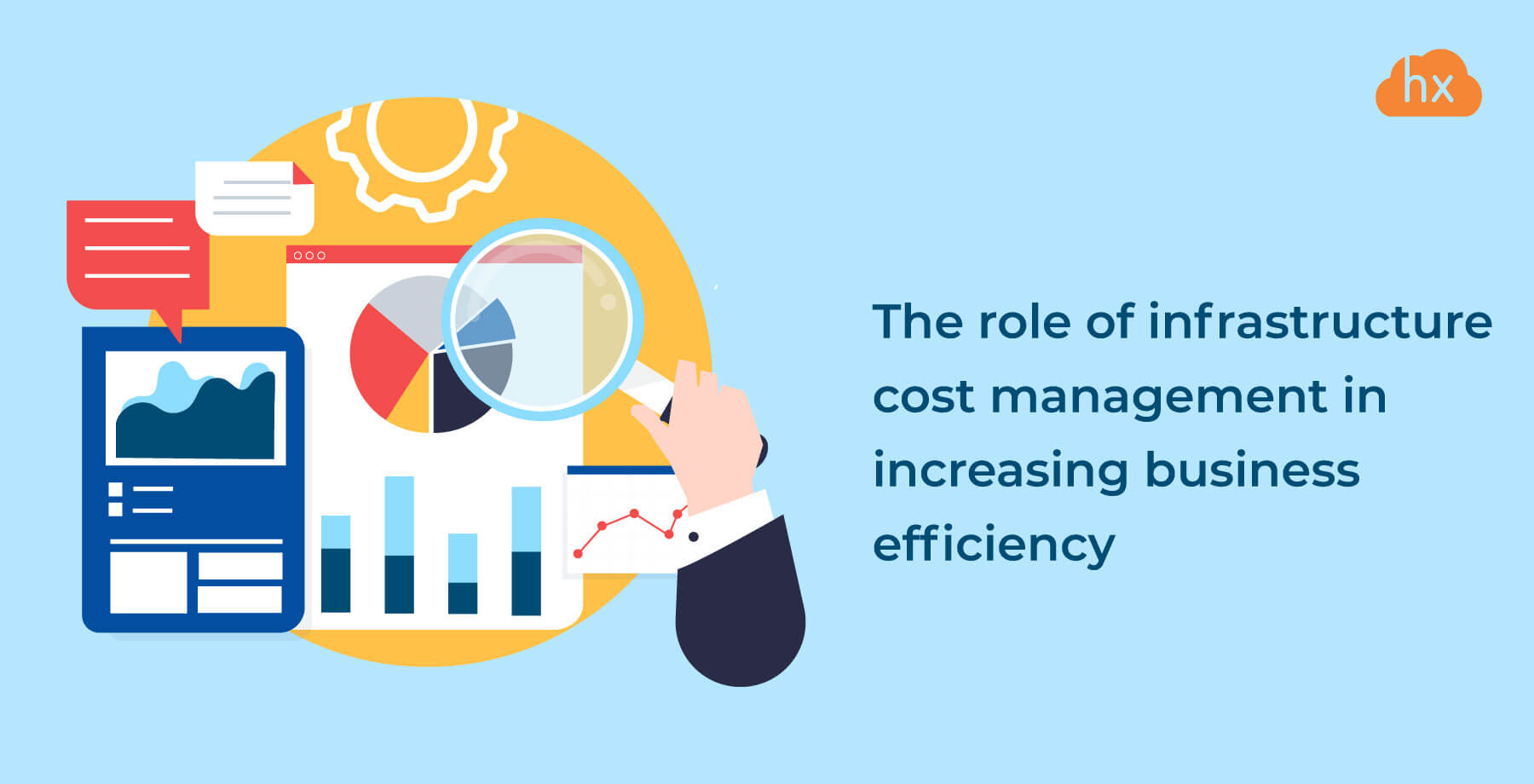 The world is witnessing unprecedented innovation and advancement in the field of artificial intelligence (AI). However, as AI continues to grow and evolve, there is a significant challenge that the industry is facing – the ability to scale AI workloads while effectively managing infrastructure costs. The demand for resources to store and process data in the age of AI is surpassing availability, which has led to concerns about GPU AI accelerator availability.
The world is witnessing unprecedented innovation and advancement in the field of artificial intelligence (AI). However, as AI continues to grow and evolve, there is a significant challenge that the industry is facing – the ability to scale AI workloads while effectively managing infrastructure costs. The demand for resources to store and process data in the age of AI is surpassing availability, which has led to concerns about GPU AI accelerator availability.
To address this challenge, both traditional infrastructure providers and emerging alternative infrastructure providers are actively working to increase the performance of processing AI workloads while reducing costs, energy consumption, and environmental impact. The industry recognizes that scaling AI is a complex task with both immediate and long-term implications.
Daniel Newman, CEO at The Futurum Group, highlights the complexities of scaling AI and its potential impact on business growth and productivity. One potential solution to address the power issue and facilitate AI scaling is quantum computing. Quantum computing has the potential to help AI process certain types of data more efficiently by opening up new computational spaces. As quantum computers continue to scale, they can accelerate AI applications that require generating complex correlations in data, benefiting various industries such as healthcare, finance, logistics, and materials science.
While power availability remains a concern, the current state of AI scaling in the cloud seems to be under control. Infrastructure plays a crucial role in enabling AI scaling, and major players like AWS have invested significantly in infrastructure, partnerships, and development to support AI at scale. According to Paul Roberts, director of Strategic Account at AWS, the rapid progress in AI scaling is a continuation of the technological progress that enabled the rise of cloud computing. The current trajectory of AI scaling suggests a path towards augmenting human capabilities through AGI (Artificial General Intelligence) in the future.
However, there are still concerns about the trajectory of AI scaling. Kirk Bresniker, Hewlett Packard Labs Chief Architect, raises concerns about a potential “hard ceiling” on AI advancement if current processes remain unchanged. The resources required to train larger language models (LLMs) are already substantial, and the energy consumption during inference is massive, posing significant environmental challenges.
Bresniker suggests that incorporating deductive reasoning capabilities alongside the current focus on inductive reasoning could improve AI scaling. Deductive reasoning, which takes a logic-based approach to infer conclusions, could potentially be more energy-efficient than the current methods that rely on analyzing massive amounts of information. It is not about replacing inductive reasoning but rather using deductive reasoning as a complementary approach.
Addressing the challenges and opportunities of scaling AI will be a key topic at the upcoming VentureBeat Transform event. Speakers like Kirk Bresniker, Jamie Garcia from IBM, and Paul Roberts from AWS will delve into these issues and provide valuable insights into the future of AI scaling.
In conclusion, while AI continues to deliver innovation at an unprecedented rate, scaling AI workloads presents challenges related to infrastructure, power availability, and energy consumption. Quantum computing holds promise as a potential solution for efficient AI processing, and incorporating deductive reasoning capabilities can enhance AI scaling. The industry is actively working towards finding solutions and maximizing the potential of AI while managing infrastructure costs and environmental impact.

